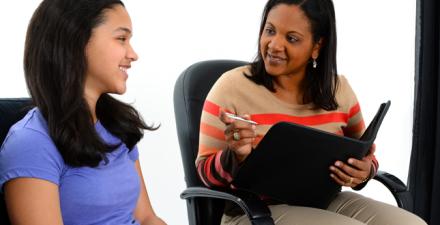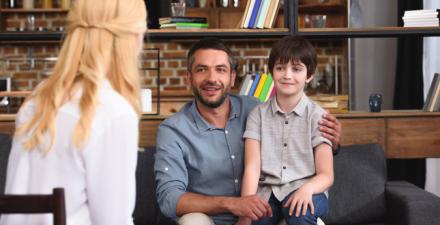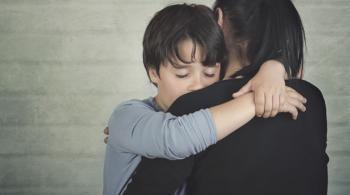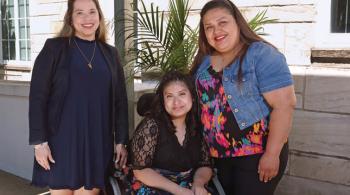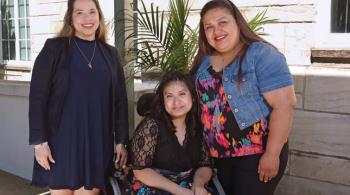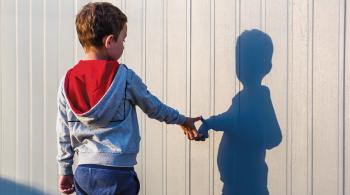
The Center for Child and Family Traumatic Stress at Kennedy Krieger Institute provides mental health treatment services to children, adolescents and families who have experienced or may be at risk for trauma through physical or sexual abuse, neglect, domestic violence and community violence.
Learn More About The Center for Child and Family Traumatic Stress
About Us
The Center for Child and Family Traumatic Stress at Kennedy Krieger Institute provides mental health evaluation and treatment services to children and adolescents, from birth to age 21, and families who have experienced or may be at risk for trauma from physical or sexual abuse, neglect, domestic violence and community violence.
Treatment
We offer evidenced-supported, culturally sensitive services for the prevention, early intervention, assessment and treatment of trauma.
Training
The Center for Child and Family Traumatic Stress - Training Academy is dedicated to improving the quality of services provided to children and families who have experienced trauma by educating and training mental health and helping professionals in the Baltimore metropolitan area and beyond.
Request an Appointment
If you would prefer to speak directly with a referral specialist, please call 443-923-5980. You may also request an appointment online.
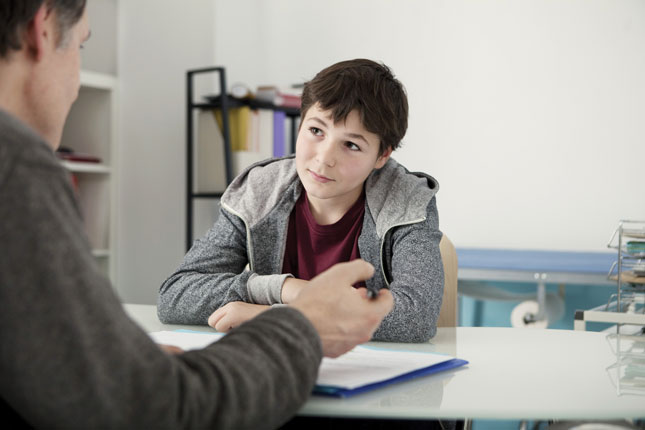
Resources
The Center for Child and Family Traumatic Stress has compiled a list of helpful links and resources as a service to our users. These links and resources are intended to be used for informational purposes only.
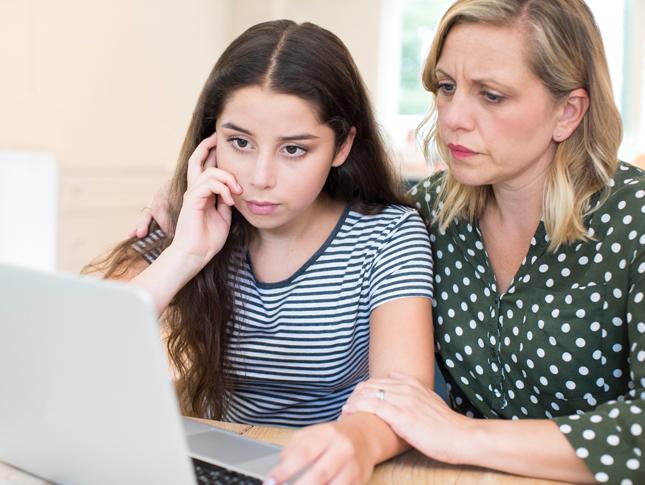
Help is Only A Phone Call Away
Schedule by Phone
Call: 443-923-5980Schedule Online
Request an AppointmentTouching Lives & Making a Difference Articles, Blogs, Stories and More



